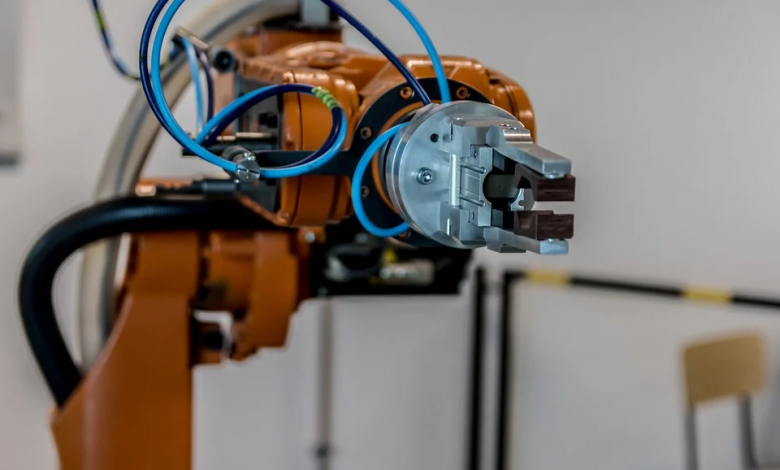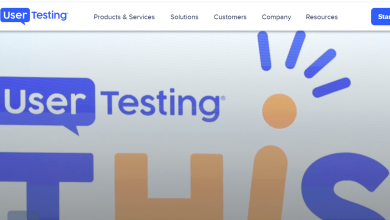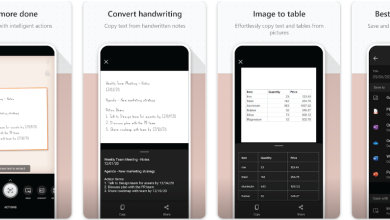How to Get Started in Home Robotics

There is little doubt that robotics has a huge role to play in humanity’s future. The first early robotic gadgets, like robotic vacuum cleaners, have evolved greatly since their first models and now robots are finding new ways to enter the home and workplace.
Digital assistants like Amazon’s Alexa and Google Home are a sign of the coming shift towards automation in all walks of life, and their voice recognition capabilities paired with robotic IoT (Internet of Things) technology is going to help open the door to more robots in the home.
Home robot development kits are becoming more and more popular, and people are finding all kinds of new ways to use robots to perform skills and tasks to help and entertain. It is easier than you think to get started in home robotics and start developing automated systems for yourself. Here is our quick guide to getting started.
Knowledge is Power
If you are going to take on robotics, you are going to need to brush up on your knowledge of electronics and do some research. There are a lot of useful and fun home kits that can help you build your knowledge base while experimenting with some equipment.
Programming is also a very important part of robotics, and you are going to have to develop these skills if you are going to get your robots moving. There are a lot of online tools that can help you perfect your programming skills. Raspberry Pi single-board computers are a fun way to develop your programming, and can also instruct robot components through their GPIO pins.
You Are Going to Need the Right Tools for the Job
Having all the best equipment isn’t going to make anyone a robotic engineer overnight, but you are going to need a few things to get yourself going. A home robotics kit is a good way to make a start, and can give you a range of components to tinker with.
Testing is an important phase of robotic development, and you will need to invest in some testing equipment to make sure your circuitry is safe, and help you to troubleshoot problems. The Power Probe 4 Master Kit has everything an electrical engineer needs to test a circuit and find a problem. Pieces of equipment like this can be the difference between success and failure.
Develop Your Ideas, as Well as Your Robots
Once you start mastering some basic robot programming and engineering skills, it is time to start developing your own ideas, and your robotic projects alongside them.
The right application of robotics could be worth a lot of money. If you can develop a realistic robotic solution to an everyday problem, you could find yourself in a similar position to the creators of Google at the dawn of the internet, or Microsoft in the early days of micro-computing. The next Mark Zuckerberg or Elon Musk will come from the world of robotics.
With the right tools and a good idea, you could develop a robotic solution to a common problem, and maybe create the next must-have robotic consumer product.
There is little doubt that robotics has a huge role to play in humanity’s future. The first early robotic gadgets, like robotic vacuum cleaners, have evolved greatly since their first models and now robots are finding new ways to enter the home and workplace.
Digital assistants like Amazon’s Alexa and Google Home are a sign of the coming shift towards automation in all walks of life, and their voice recognition capabilities paired with robotic IoT (Internet of Things) technology is going to help open the door to more robots in the home.
Home robot development kits are becoming more and more popular, and people are finding all kinds of new ways to use robots to perform skills and tasks to help and entertain. It is easier than you think to get started in home robotics, and start developing automated systems for yourself. Here is our quick guide to getting started.
Knowledge is Power
If you are going to take on robotics, you are going to need to brush up on your knowledge of electronics and do some research. There are a lot of useful and fun home kits that can help you build your knowledge base while experimenting with some equipment.
Programming is also a very important part of robotics, and you are going to have to develop these skills if you are going to get your robots moving. There are a lot of online tools that can help you perfect your programming skills. Raspberry Pi single-board computers are a fun way to develop your programming, and can also instruct robot components through their GPIO pins.
You Are Going to Need the Right Tools for the Job
Having all the best equipment isn’t going to make anyone a robotic engineer overnight, but you are going to need a few things to get yourself going. A home robotics kit is a good way to make a start, and can give you a range of components to tinker with.
Testing is an important phase of robotic development, and you will need to invest in some testing equipment to make sure your circuitry is safe, and help you to troubleshoot problems. The Power Probe 4 Master Kit has everything an electrical engineer needs to test a circuit and find a problem. Pieces of equipment like this can be the difference between success and failure.
Develop Your Ideas, as Well as Your Robots
Once you start mastering some basic robot programming and engineering skills, it is time to start developing your own ideas, and your robotic projects alongside them.
The right application of robotics could be worth a lot of money. If you can develop a realistic robotic solution to an everyday problem, you could find yourself in a similar position to the creators of Google at the dawn of the internet, or Microsoft in the early days of micro-computing. The next Mark Zuckerberg or Elon Musk will come from the world of robotics.
With the right tools and a good idea, you could develop a robotic solution to a common problem, and maybe create the next must-have robotic consumer product.




